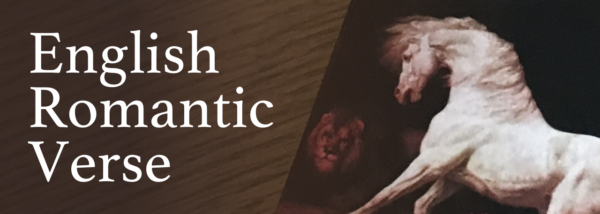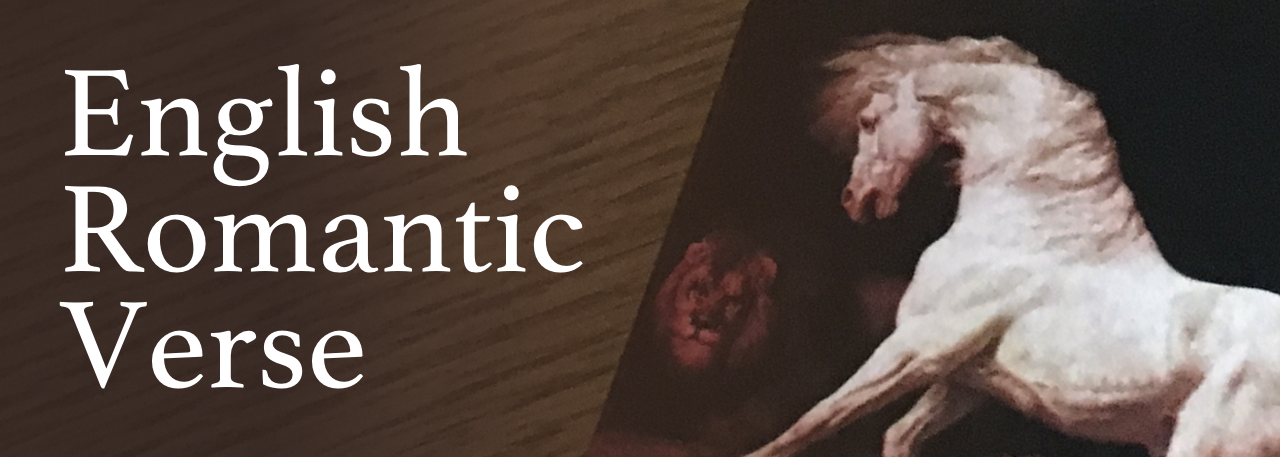Romantic poetry is one option as a part of the Edexcel English Literature A Level course, and among the poets studied is Emily Jane Brontë. The specification lists “Last Lines” as one of the poems to be studied, however there is some confusion regarding the title of the poem that is shown.
Edexcel use English Romantic Verse as the prescribed text for this part of the course, and as such reference the poems as they appear in the collection. Using “Last Lines” is a confusing way to reference this poem because it is regarded as Emily Brontë’s last lines – as in the ‘last lines’ she wrote before her death (note – this is unlikely to be accurate, but it is at least the last of her work to be published). It is more commonplace to refer to this work by its first line, ‘Why ask to know what date, what clime?’.
Emily Brontë’s last lines, ‘Why ask to know what date, what clime?’
Click here to download a PDF version suitable for printing, which features extra spacing for your annotations. The poem is formatted with the same punctuation, line length and stanzas as in the prescribed text. The poem is also available below:
Why ask to know what date, what clime? There dwelt our own humanity, Power-worshippers from earliest time, Foot-kissers of triumphant crime Crushes of helpless misery, Crushing down Justice, honouring Wrong: If that be feeble, this be strong. Shedders of blood, shedders of tears: Self-cursers avid of distress; Yet mocking heaven with senseless prayers For mercy on the merciless. It was the autumn of the year When grain grows yellow in the ear; Day after day, from noon to noon, The August sun blazed bright as June. But we with unregarding eyes Saw panting earth and glowing skies; No hand the reaper’s sickle held, Nor bound the ripe sheaves in the field. Our corn was garnered months before, Threshed out and kneaded-up with gore; Ground when the ears were milky sweet With furious toil of hoofs and feet; I, doubly cursed on foreign sod, Fought neither for my home nor God. 13 May, 1848

